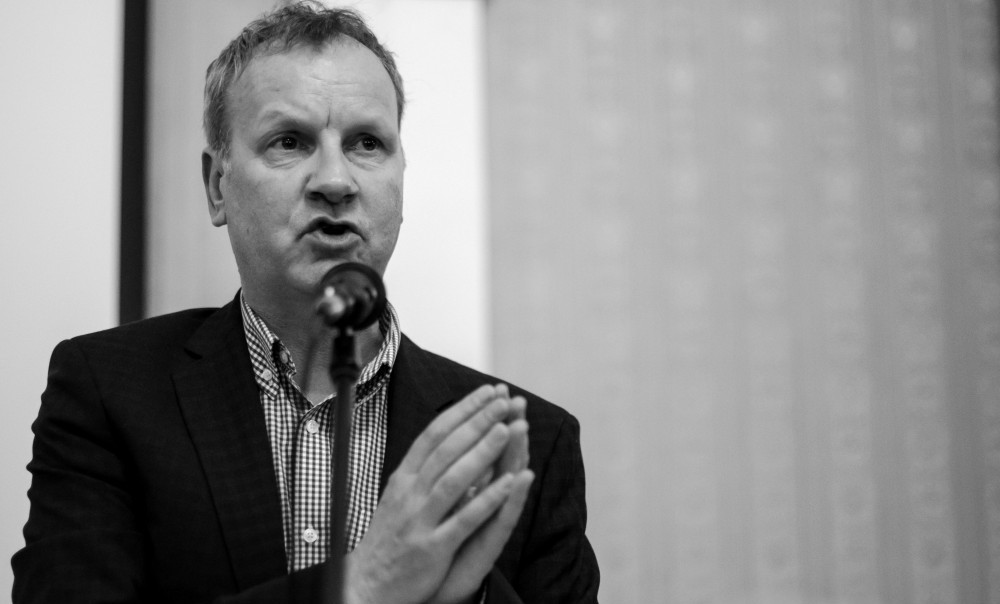
I really loathe their Brexit. I really do. Never before has the main objective of any Government been to intentionally impoverish the people they serve with such chaotic and clueless abandon. There is no redeeming quality to what the Tories are doing to us and the fact that my country so overwhelmingly rejected it just makes this loathing even more acute. I want to stop their Brexit and there is just no way that I will ever be reconciled to what they are trying to achieve with taking us out of the European Union against Scotland’s national collective will.
It should therefore be easy for someone like me to buy into any and all efforts to stop their Brexit. Another vote to stop it? What could possible be wrong with that?
Well, there are in fact just a few issues that require a wee bit more attention before I sign up to any campaign. The main one being what if Scotland votes to remain again (which it will) and the UK as a whole votes to leave again (which it might)? No one form this ‘people’s vote’ campaign have attempted to answer this question other than some glib response that it would have to be a UK wide result. Well, I’m sorry that isn’t good enough. Brexit is a problem created beyond Scotland, mainly out of divisions which abound in a Conservative party that has 13 of Scotland’s 59 MPs. We wanted nothing to do with this and when we were obliged to vote on the issue every part of Scotland voted to remain. Why should Scotland participate in an exercise that has explicitly ignored our view and won’t respect it in any rerun? At the very least we would need to see some equivalent support for a second referendum on independence. Surely, these democrats in the ‘People’s Vote’ campaign thoroughly believe in the right to choose and reconsider?
Then there is precedence. There are fears that if a second vote on the EU is delivered a similar type of second vote on the terms of independence may also be insisted upon. This one concerns me less but remains an issue. Any future indy vote will now have to have, built in to the campaign, that a positive vote will be definitive and conclusive. We should also be confident that a Scottish Government taking us to independence will make less of an utter mess of it than the current UK one is doing with Brexit. There will, though, be unreconciled unionists who will use any precedence on Brexit as a means to undermine our independence vote and we should be wary.
But in saying all this Scotland would want the UK in the EU. The most seamless transition to independence would be with a common customs union whilst being part of the EU single market with the rest of the UK. With the UK out of the EU borders will become the totemic scaremongering feature of a future referendum campaign. One can only imagine the relish a unionist campaign will have in insisting the Scottish people will have a hard border and no common travel area with the rest of the UK. Having the UK in the EU is in the interests of Scottish independence.

My approach to a second EU referendum then is to be supportive without being one of its champions. I would want them to succeed and wish them all the very best. I would not vote against a second vote in the House of Commons and am open to supporting it if I can secure a commitment that the result in Scotland would be respected.
Realistically, though, It is very unlikely to be realised. We will be out of the EU in just 7 months time and there is just not the political capacity for a second vote. The ‘people’s’ vote campaign is going to target the Labour Party for support. One can only wish them the very best with that with a Labour party that almost exceeds the Tories in the clueless Brexit stakes. The only thing likely to stop Brexit is the contradictions of its own incompetent impracticality and we should never stop pointing out the disaster that is coming our way in the vain hope that it can be stopped.
But there is a sense that the campaign for a second vote is over before it has really begun.
The key choice that is coming is does Scotland want to be part of a Brexitised UK or does it want to determine its own relationship with the EU as an independent nation? The debate around a ‘People’s vote’ maybe coming to a close just as the real debate about saving Scotland from the disastrous consequences of their Brexit is about to begin.





You must be logged in to post a comment.